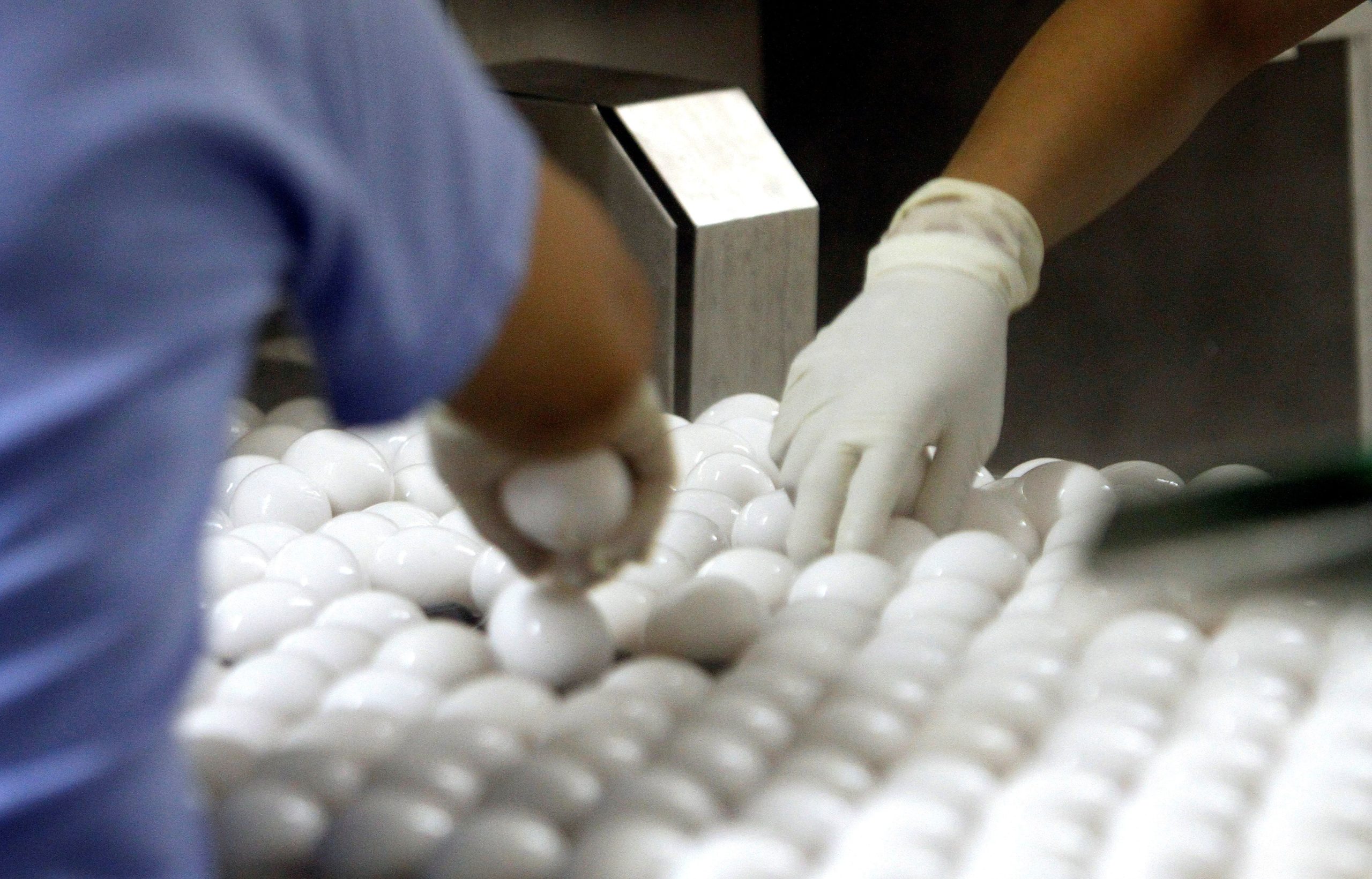
By Dan Williams
JERUSALEM (Reuters) – Bahrain’s imports from Israel will not be subject to distinctions between products made within Israel and those from settlements in occupied territory, the Bahraini trade minister said on Thursday, drawing a rebuke from the Palestinians.
Bahrain and the United Arab Emirates formalized ties with Israel on Sept. 15, in a U.S.-sponsored deal billed by the Gulf countries as being made possible by Israel’s shelving of a plan to annex West Bank settlements. Most world powers deem them illegal.
But Bahrain’s Industry, Commerce and Tourism Minister Zayed bin Rashid al-Zayani voiced openness to settlement imports.
“We will treat Israeli products as Israeli products. So we have no issue with labelling or origin,” he told Reuters during a visit to Israel.
Under European Union guidelines, settlement products should be clearly labelled as such when exported to EU member countries. The Trump administration last month removed U.S. customs distinctions between goods made within Israel and in settlements.
Al-Zayani’s remarks were condemned by Wasel Abu Youssef of the Palestine Liberation Organization as “contradicting international and U.N. resolutions”.
He urged Arab countries not to import products from within Israel, either, in order to prevent it “stretching into Arab markets to strengthen its economy”.
The stateless Palestinians hope to create their own independent country in the West Bank, Gaza and East Jerusalem, but the issue of Jewish settlements on land captured by Israel in the 1967 Middle East War has long been a stumbling block in the now-stalemated peace process.
They now fear that the warming ties between Gulf states and Israel, along with Trump’s strong support for Israel, have badly damaged their aspirations.
It was not clear what other Gulf states’ positions on imports from the settlements were. But an Israeli winery that uses grapes grown on the occupied Golan Heights said in September that its labels would be sold in the UAE.
Israel expects trade with Bahrain worth around $220 million in 2021, not including possible defense and tourism deals.
Al-Zayani said Bahraini carrier Gulf Air was tentatively scheduled to begin flights to Tel Aviv on Jan. 7, with shipping to follow.
“We are fascinated by how integrated IT and innovation sector in Israel has been embedded in every facet of life,” he said.
He played down speculation in Israel that its citizens visiting Bahrain could be at risk of reprisals for the assassination last Friday of a top Iranian nuclear scientist, which Tehran blamed on Israeli agents.
“We don’t see any threats, and therefore we don’t see any requirement for additional security or special treatment for Israelis,” he said.
(Additional reporting by Nidal al-Mughrabi; Writing by Dan Williams, Editing by Angus MacSwan)











